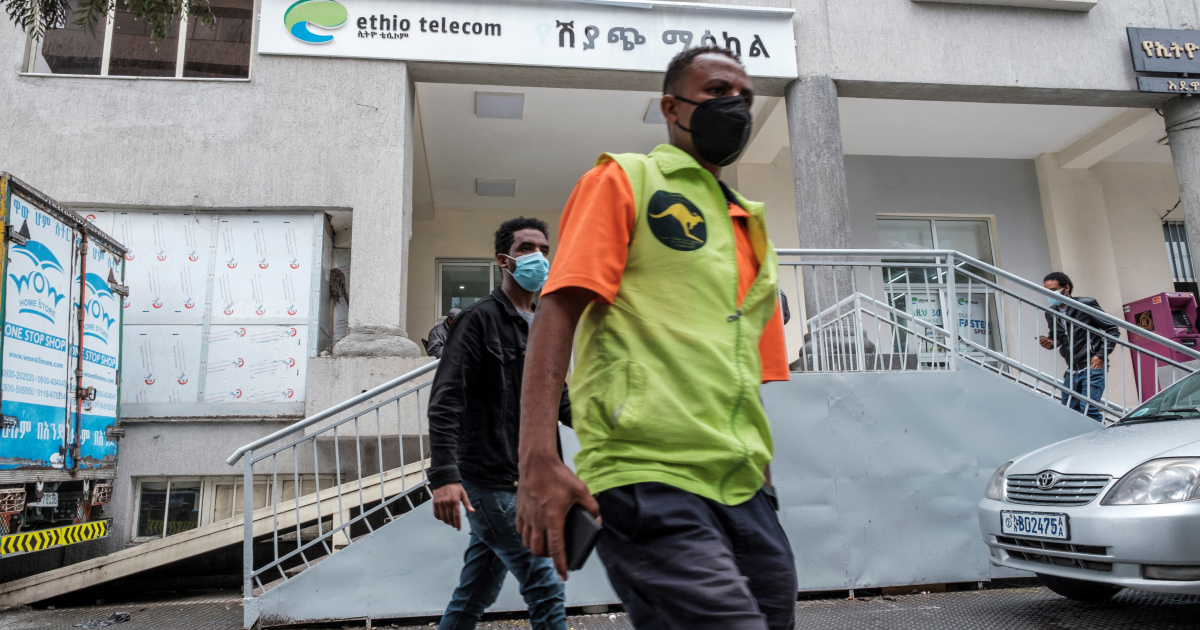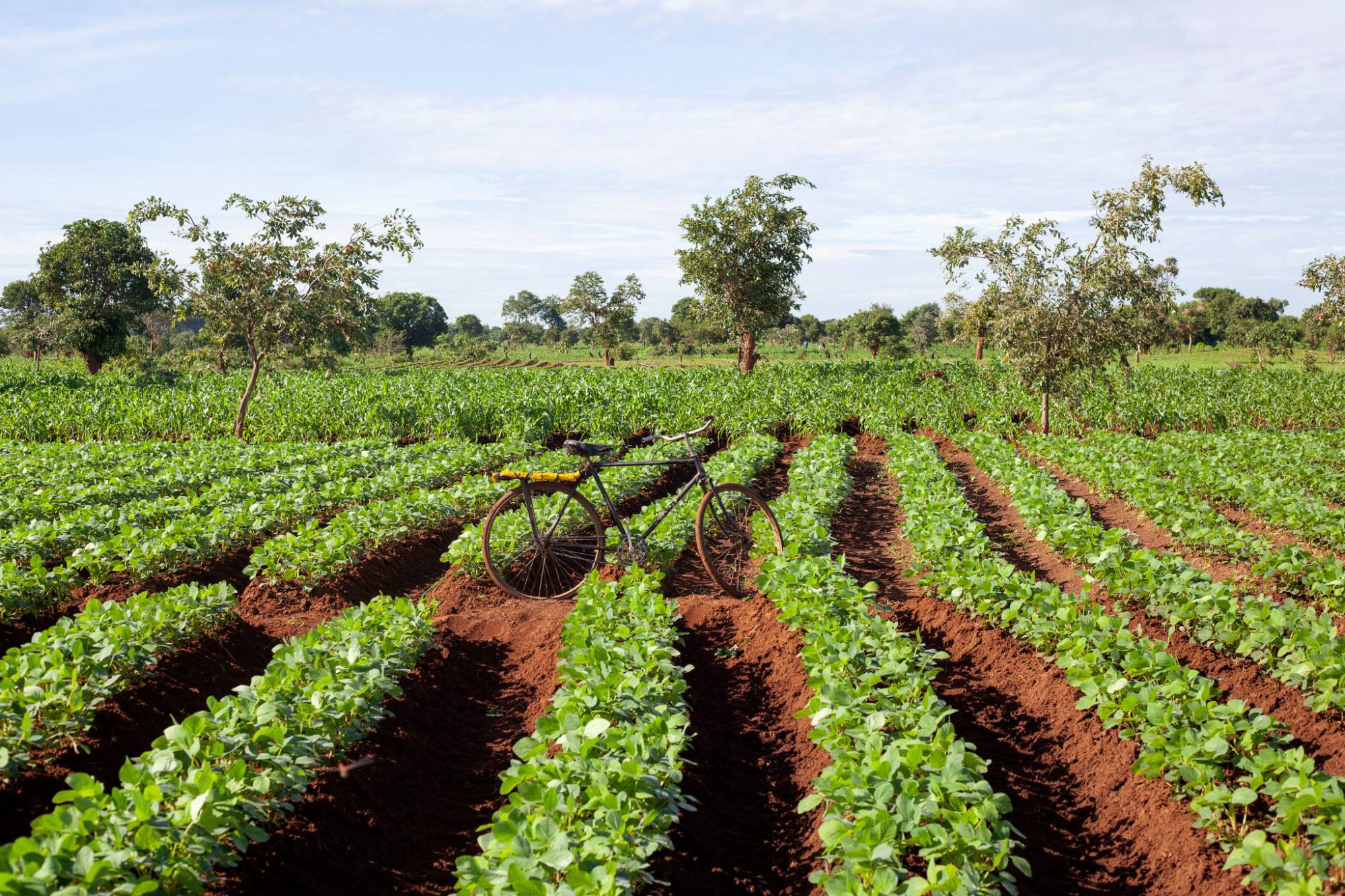By Alkali Amana
Considering the effect of Covid -19 on the Sub-Saharan region, in October 2020, Albert Zeufack, the World Bank Chief Economist for Africa, declared that the continent’s road to recovery may be long, and it may be steep, but prioritizing policy actions and investments that address the challenge of creating more, better and inclusive jobs will pave the way for a faster, stronger and inclusive recovery for African countries.
Months after the pandemic arrived, Africa experienced an economic fallout just as other continents across the globe, with countries in Sub-Saharan Africa experiencing a form of recession or contraction in GDP value. Businesses in Africa, both large, medium, and small enterprises took hits in their pool of revenue generation given the multiple lockdowns in place and the employment of different regulations to cope with the demands of maintaining safety and preserving mankind. This led to a situation that pushed the region into its first recession in 25 years, according to the regional economic analysis of the World Bank at the time – ‘Africa’s Pulse: Charting the Road to Recovery’.
The situation seemed to have only a far reach of hope for recovery as the was projected to have the possibility of driving 40 million people into extreme poverty in Africa, thereby erasing at least five years of progress in fighting poverty. Generally, however, the world has come a long way from the bleak days and rays of hope are born with the current state of events.
Presently, with the application of vaccines and better methods of controlling the virus, the world is emerging out of the doldrums of the doom the pandemic presented in the early days. It means businesses can look towards full recovery and use well-thought-out and effective strategies to boost their growth and eventual recovery from the negative effects of the pandemic. To achieve a sustainable height in recovery is no rocket science and will require the time, efforts and proper inputs by way of techniques for survival. Curated are 4 key techniques African businesses can use to boost recovery and sustain their businesses.
- Changing Business Models and Practices
Most old business models no longer work effectively as the world has had to adopt new methods of operation since the advent of Covid19. To begin on the path of recovery, African entrepreneurs have to reinvent their businesses and align business strategies with society’s changing needs. An efficient method that can be used in developing a low-cost business model to ensure continuity while delivering the best service that can be offered.
- Focusing on Customers
It is more important than at this time, better than practices that have been employed in the last decade that businesses focus on customer service and satisfaction. Connie Edler notes that ‘Excellent customer service is the number one job in any company. It is the personality of the company and the reason customers come back. Without customers, there is no company’. That sums it up.
Businesses need to listen to customers and make efforts at meeting increasing demands with speed and efficiency. The use of a survey can help determine the present trend of customers’ behaviour and attitude. With a survey, the additional advantage of conducting market research is also attached to obtain all the necessary information needed to ascertain progress.
- Setting Up Risk Management Systems
In reviewing policies and working methods, the addition of a risk management system to a business will help cushion the effects of the pandemic through the evaluation of sustainable options and practices to boost businesses. With such systems, it only means measures will be put in place to identify, assess, monitor and mitigate the impact of risk on such businesses in the future. This should be a willing development to be embraced by every African enterprise seeking recovery Post-Covid.
- Building Partnerships and Collaboration with Other Industry Players
The best time for building partnerships and collaboration between businesses to chart the course of sustenance Post Covid is now, and African businesses need to evolve by adopting systems such as informal methods of interactions and remote work to help build a flexible, accountable and better workforce. With partnership also comes exposure and the opportunity to network beyond one’s reach into identical sectors which can provide chances to grow.
At the recent African Energy and Infrastructure Forum organized by African Leadership Magazine, the CEO of Duport Midstream company Limited, Dr. Akintoye Akindele, noted that the future of African development is in partnership, and it is important for businesses to leverage the possibility partnership offers to expose them to the global stage.
There is hope for Africa Post Covid and the right steps, when taken, can prove to be an accelerating ground to achieve global standards for the continent. Commending words from Albert Zeufack in a recent comment project better times for the continent, revealing that ‘African countries have made tremendous investments over the last year to keep their economies afloat and protect the lives and livelihoods of their people. Ambitious reforms that support job creation, strengthen equitable growth, protect the vulnerable and contribute to environmental sustainability will be key to bolstering those efforts going forward toward a stronger recovery across the African continent. Growth in the Sub-Saharan region is forecast to rise between 2.3 and 3.4% in 2021, depending on the policies adopted by countries and the international community, and African businesses, and governments, must realize that effective methods and techniques, when employed, will prove useful in the continent’s Post Covid recovery.


